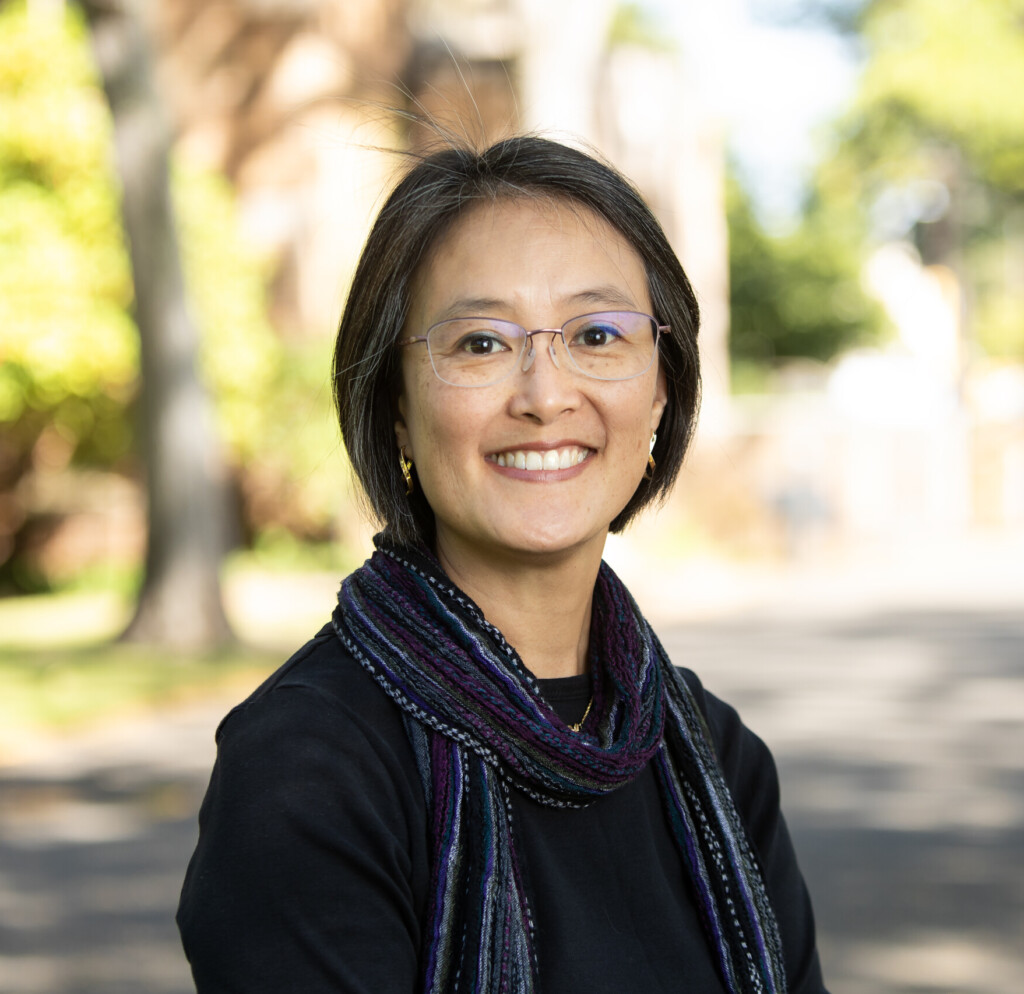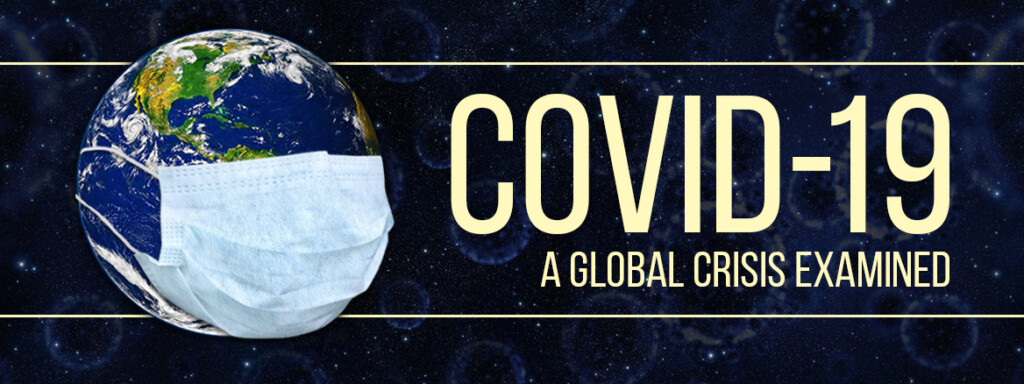Page 34 • (786 results in 0.024 seconds)
-
BA in Environmental Studies with minors in Global Studies and Women's and Gender Studies PCV in Senegal (2016-2018) Lucas Gillespie ’16 served as a Peace Corps Volunteer in Senegal (2016-2018).
Environmental Studies with minors in Spanish and Social Work. Colton Heath '14 BA in economics with minors in math and sport psychology PCV in the Republic of Georgia (2014-2016) Colton Heath ’14 served as a Peace Corps Volunteer in the Republic of Georgia (2014-2016). He served as a Community and Economic Development volunteer, working for a small NGO that focused on social engagement projects with youth and vulnerable elderly communities. His work also included helping to run a LIFE Camp, a leadership and
-
Tami Charles is an award winning and New York Times bestselling author of children’s, middle grade, and young adult books.
: Alliance. In addition to writing books, he serves on the Board of We Need Diverse Books and is on the faculty of the Hamline MFA in Writing for Children and Young Adults. During the day, he is a federal early childhood policy expert who has worked in education at the national, state, and local level — both in and out of the classroom. He got his bachelor’s in Psychology from Dartmouth College and received a master’s in Ed Policy from the Harvard Graduate School of Education. Outside of spending time
-

Associate Professor of Education | School of Education | kimck@plu.edu | 253-535-7775 | Dr.
and teaches math, science, technology integration, educational psychology, and multicultural education courses. Publications include a chapter for an American Educational Research Association (AERA) special interest group on Community Engaged Learning (CEL) and the application of ideation to deepening teacher technology integration in the Journal of Higher Education Theory and Practice. She works with universities across the state in NextGen-WA [NSF grant, Next Generation of STEM Teacher
-
The Natural Sciences Summer Undergraduate Research Program involves PLU faculty mentors with basic science research reflecting the natural sciences fields of Biology, Chemistry, Computer Science,
, Physics, and Psychology. Mentors engage with their student researchers one-on-one, in the laboratory, and in the field, guiding student researchers as they study research ethics, read peer-reviewed research literature, formulate research questions, carry out specific research procedures, record results, analyze data, write research reports, and present their findings through oral and poster forms. Through research failures and triumphs, students gain confidence in their ability to face unknowns and to
-
PLU's Mascot You may know that we at PLU are known as the Lutes, and whatever the origin of this mascot, PLU may have the only mascot in America that is also the name for a stringed instrument!
studies with an academic cognate field outside of music, such as psychology, religion, or mathematics. Bachelor of Music in Education — intended for those students wishing to be certified to teach music in the public schools. Bachelor of Arts in Music — intended for those students wishing to obtain a liberal arts degree in music. Music Minor — Intended for students who wish to increase their knowledge of academic and applied music without majoring in music.EnsemblesParticipation in musical ensembles
-

By Sarah Cornell-Maier ‘19. This Fall, Pacific Lutheran University is introducing a new class that serves as a gateway to the Innovation Studies Program . Hist/Phil 248: Innovation, Ethics, and Society is a team-taught course that combines many different fields of study into one. It…
such a relevant class is an experience that I think all students should have–and I am majoring in Psychology. Innovation is one of the major change agents in our world, and it also provides the tools to making the world a better place. By exploring the history of innovation as well as the ethical dimensions of creativity and change, Hist/Phil 248 sets the stage for future explorations–both on campus and beyond. Sarah Cornell-Maier is a Psychology major and an Innovation Studies minor at PLU
-

TACOMA, WASH. (Oct. 20, 2015)- Thomas Kim ‘15 is passionate about “Justice.” So passionate, in fact, that he likes to really emphasize the word by treating it as a proper noun. His passion doesn’t include just capitalizing Js, however: he’s walking his talk (and type)…
Sandra Day O’Connor College of Law. It would seem appropriate that someone with such passion for Justice would go on to meet the trailblazing woman – the first female U.S. Supreme Court Justice – whose name is attached to the school he attends. Kim, who double majored in economics and psychology at PLU, says he made it to law school because of the graciousness of his support network and the rigor of his undergraduate experience. He spent four years at PLU: working 30 hours a week to pay for living
-

Earlier this month Pacific Lutheran University announced a timely new course titled “COVID 19: A Global Crisis Examined.” Open to PLU students, alumni, faculty, staff and the public, the one-credit/no-credit online course will lead students through a reflection of the ongoing COVID-19 pandemic. Over the…
, philosophy, political science, psychology, and others. The course will also include a panel of three PLU alumni that are emergency room physicians. The course is being coordinated by PLU’s Wang Center for Global Education and co-facilitated by Teresa Ciabattari, interim dean of interdisciplinary studies, and Tamara Williams, executive director of the Wang Center. Williams recently answered a few questions about the new course.Why program this course now, while the pandemic is still ongoing? A college or
-

By Sarah Cornell-Maier ‘19. This Fall, Pacific Lutheran University is introducing a new history class that serves as a gateway to the Innovation Studies Program . Hist/Phil 248: Innovation, Ethics, and Society is a team-taught course that combines many different fields of study into one.…
experience that I think all students should have–and I am majoring in Psychology. Innovation is one of the major change agents in our world, and it also provides the tools to making the world a better place. History majors are experienced with just this set of problems and opportunities in their regular work. By exploring the history of innovation as well as the ethical dimensions of creativity and change, Hist/Phil 248 sets the stage for future explorations–both on campus and beyond. Sarah Cornell
-
The word anthropology comes from the Greek words anthropos, meaning human, and logos, which refers to doctrine, theory or science.
psychology. Often, anthropological research is multidisciplinary, with specialized divisions including paleoethnobotany, taphonomy and forensics. In the United states the study of anthropology is sub-divided into four major areas of specialization: cultural, archaeological, linguistic and biological anthropology. Cultural Anthropology (Ethnology) studies living human cultures in order to create a cross-cultural understanding of human behavior – distinguished by field-research conducted via participant
Do you have any feedback for us? If so, feel free to use our Feedback Form.


